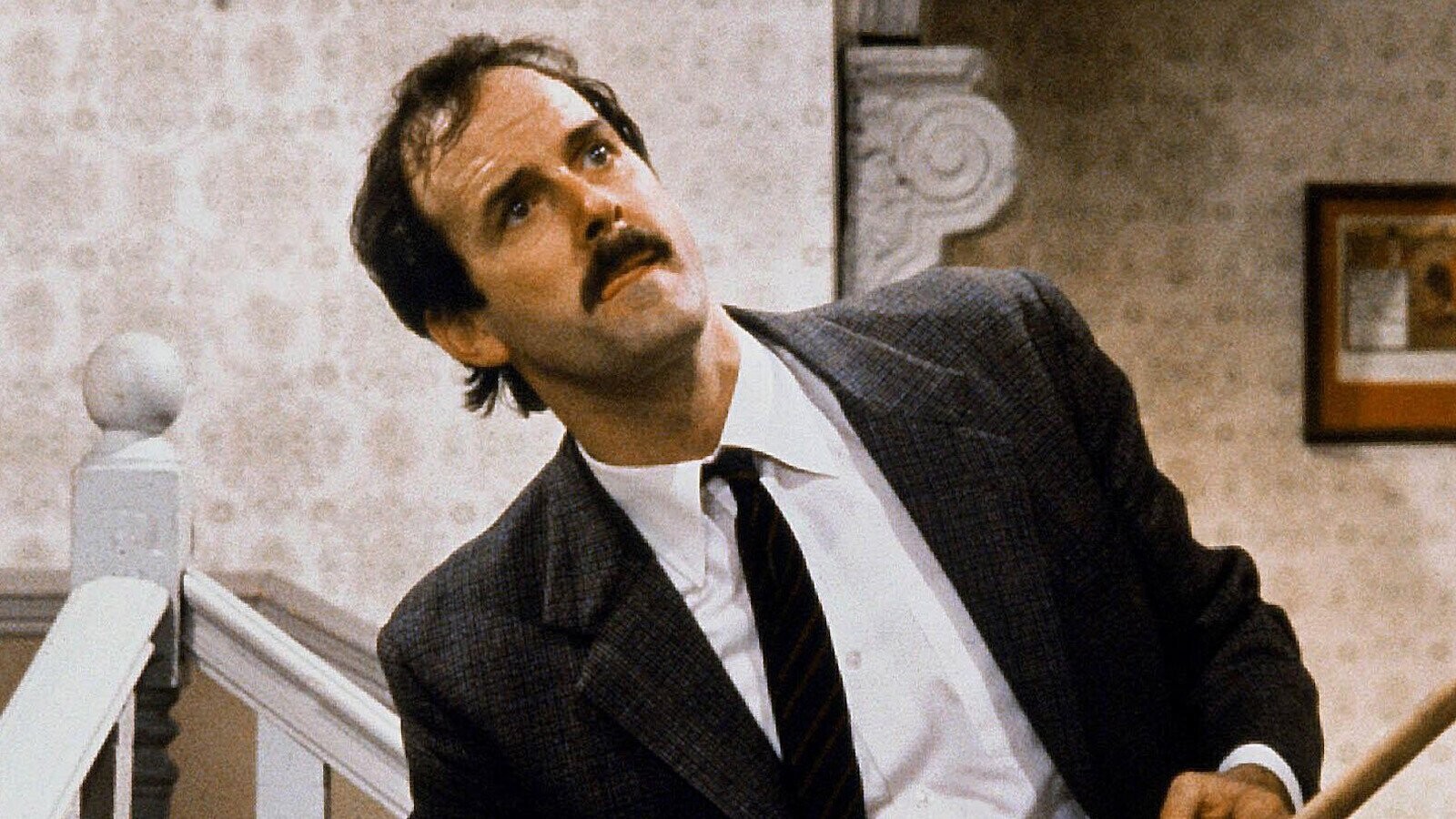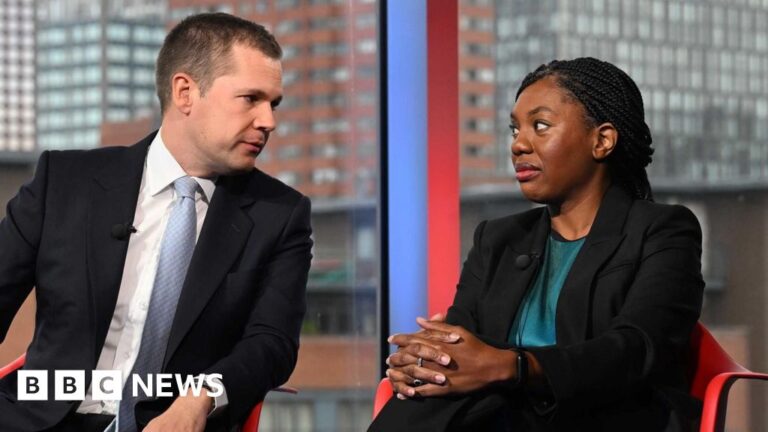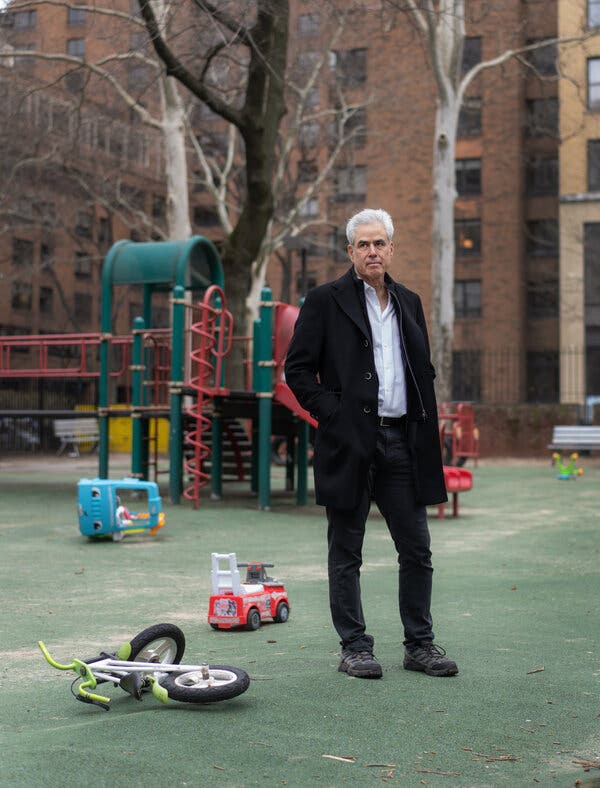John Cleese Warns Young Audiences May Not Get New Fawlty Towers
John Cleese Says Young Audiences Might Miss the New Fawlty Towers
Introduction
When you think of British comedy, who pops into your head? If it’s not the iconic John Cleese, then where have you been hiding? Seriously, the man is a comedy legend, famous for his roles in Monty Python and, of course, Fawlty Towers. Now, he’s stirring the pot again by expressing concern that younger audiences might not fully appreciate the new Fawlty Towers reboot. So, what’s the deal? Is this new show set to hit the screens going to flop with Gen Z? Let’s dive in and unearth the layers of this comedy conundrum!
Understanding Fawlty Towers
The Classic Recipe for Comedy
Fawlty Towers first hit our screens in the late 70s, and the humor was as sharp as ever. The show revolved around Basil Fawlty, a short-tempered hotel owner played by Cleese himself. Imagine a guy who views every single guest as an obstacle in his quest for perfection. It’s a delightful concoction of chaos, misunderstandings, and, well, downright absurdity.
But Cleese’s concern isn’t just about nostalgia; it’s about the essence of humor that may be lost on today’s youth. Unlike knock-knock jokes or the cringe-worthy TikTok trends, Fawlty Towers brought intelligence, satire, and some solid social commentary to the table. So, could today’s youth miss the mark?
Different Comedy Landscapes
Fast forward to now, and let’s talk about the digital landscape. Humorous content now surges through memes, social media challenges, and rapid-fire jokes designed for a scroll-it-or-miss-it audience. In comparison, the pacing and depth of Fawlty Towers might feel like reading War and Peace during a TikTok scroll.
Could it be that these nuances are getting lost? Is the art of wit fading in the flurry of today’s fast-paced humor?
John Cleese’s Point of View
A Word from the Master
John Cleese’s warning revolves around a fundamental truth: comedy evolves, but the essence might dilute as it morphs. Sure, we’re all for progress and changing tastes, but let’s pause and consider:
- Cultural References: Much of Fawlty Towers is steeped in British culture of the 70s. Content and commentary on class structures and service expectations may sound alien to a generation more attuned to global digital culture.
- Different Humor Styles: Today’s humor often revolves around instant gratification. It thrives on surface-level jokes and viral sensations, whereas Fawlty Towers delves deeper into character studies and situational comedy.
But does that mean young audiences won’t get it?
The Balancing Act of Comedy
Cleese points out that understanding humor requires context. It’s akin to picking up a book in a completely new genre: you may appreciate the style, but if you’re unaware of the references, well, you might just miss the punchline.
You know how some movies just don’t hit the same unless you’ve experienced the cultural context? It’s that classic notion of “you had to be there.” The vibes, the feels, and all the subtleties that make a joke land hard can easily fly over younger heads.
The Challenge of Adaptation
Is a Reboot Really Necessary?
Now, here’s where it gets spicy. Why reboot Fawlty Towers at all? The original has achieved a status of timelessness that’s hard to shake. Yet, as John Cleese himself steps back into the shoes of Basil, eager to present this new version,—is it genuinely needed?
For many, the reboot is a chance to introduce a classic to a new generation; however, it must maintain the backbone of what made the original shine. It’s about walking the tightrope of modern interpretation without losing the humor.
The Twist of Modern Sensibilities
Today’s comedy is also interwoven with awareness. What might have been deemed funny back in the 70s may rub people the wrong way now. Some jokes that were acceptable may not fly today, and Cleese himself has indicated that the modern audience might be more sensitive.
Could that be a reason for concern? Will young viewers be able to navigate the outdated attitudes while still enjoying the humor?
Strategies for Success
Bridging the Gap
So, how can this reboot cater to both longtime fans and dauntless new viewers? Here are some strategies:
- Cultural Context: Including commentary or backstory that provides context can help younger audiences appreciate the humor deeply.
- Modern Scenarios: Injecting contemporary issues into plots could make it relatable. Think of a digital spin on what happens when hotel reviews go awry.
- Interactive Engagement: Using social media to engage younger viewers before and during the show could drum up interest, creating an ongoing conversation about its themes.
The Role of Nostalgia
And let’s not forget the power of nostalgia. For older viewers, seeing a familiar character return could rekindle fond memories. For younger viewers, it might just be an opportunity to learn from the past. It’s like introducing your favorite childhood game to a new friend—you share the joy and the laughter, and maybe, just maybe, they’ll see the charm too.
Conclusion
The discussion surrounding John Cleese’s warning about young audiences not understanding the new Fawlty Towers is multifaceted and undeniably intriguing. It raises valid concerns about the evolution of humor, cultural context, and the balance necessary for a successful reboot. As we dive into this modern adaptation, the real question remains: can it navigate the ever-changing waters of comedy while staying true to its roots?
Ultimately, history has shown that good comedy finds a way to connect. If the reboot hits the right notes, perhaps it will educate and entertain a whole new generation of fans who will come to appreciate the twisted brilliance of Fawlty Towers.
FAQs
1. Why is John Cleese concerned about the new Fawlty Towers?
John Cleese fears that younger audiences may not grasp the cultural and humor nuances present in the original Fawlty Towers due to their different comedic landscape.
2. What made the original Fawlty Towers popular?
The original is loved for its sharp wit, situational comedy, engaging characters, and a fantastic portrayal of British culture in the 70s.
3. How can modern adaptations cater to younger audiences?
Integrating contemporary issues, providing cultural context, and engaging audiences through social media can help bridge the gap.
4. Is Fawlty Towers relevant today?
Yes, Fawlty Towers remains relevant, but its themes may need to be adapted to align with the modern cultural climate for the reboot to resonate well with all audiences.
5. What’s the main challenge for the new Fawlty Towers?
The key challenge is maintaining the essence of the original while making it accessible and relatable to younger audiences without losing its foundational humor.







